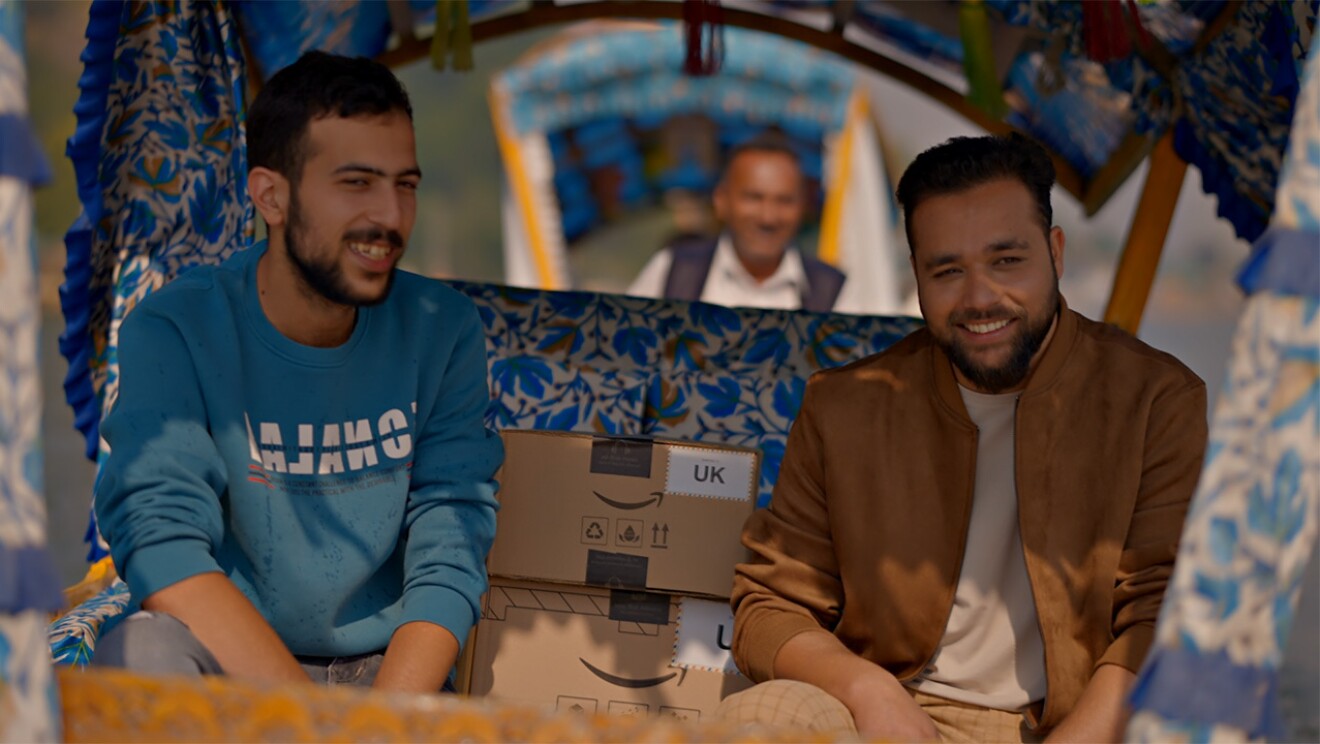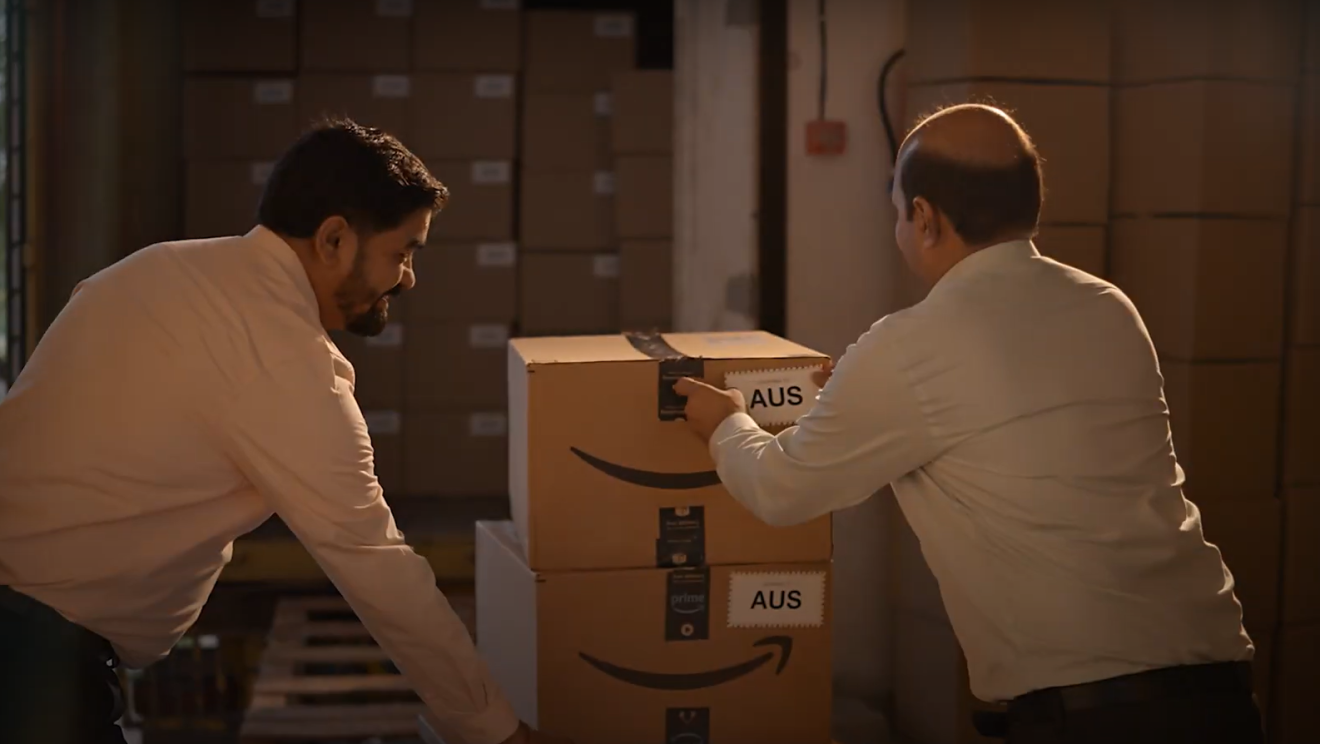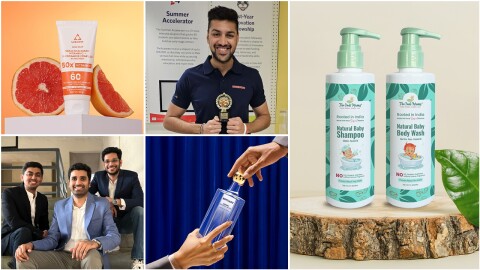What began as a small tea estate in Tripura over a century ago, by Kolkata-based PC Chatterjee, has today become a global brand synonymous with premium Indian teas. Luxmi Estates' exquisite blends, are savoured by discerning connoisseurs across the world via the brand’s partnership with Amazon Global Selling.
So popular are their teas that in 2015, Prime Minister Narendra Modi gifted the Makaibari tea, from one of Luxmi's most popular Darjeeling estates, to Queen Elizabeth II during his state visit to the UK. Steeped in history and rooted in tradition, Luxmi Estate’s teas are now gracing tables from Darjeeling to Buckingham Palace.

The pandemic led the family-run estate, which predominantly sold via auctions and retailed in Kolkata, to begin selling on Amazon in India and across the world. Today the U.S. is their biggest market accounting for 70% of their sales via Amazon, apart from orders in Singapore and Canada.
Luxmi Estates is one of the 4 companies featured on Amazon Global Selling's #IndiaSeDuniyaTak campaign, which spotlights Indian entrepreneurs reaching a global audience. We spoke to Rudra Chatterjee, grandson of the founder PC Chatterjee and head of the century-old family business to learn more about how Amazon has helped expand their business globally.
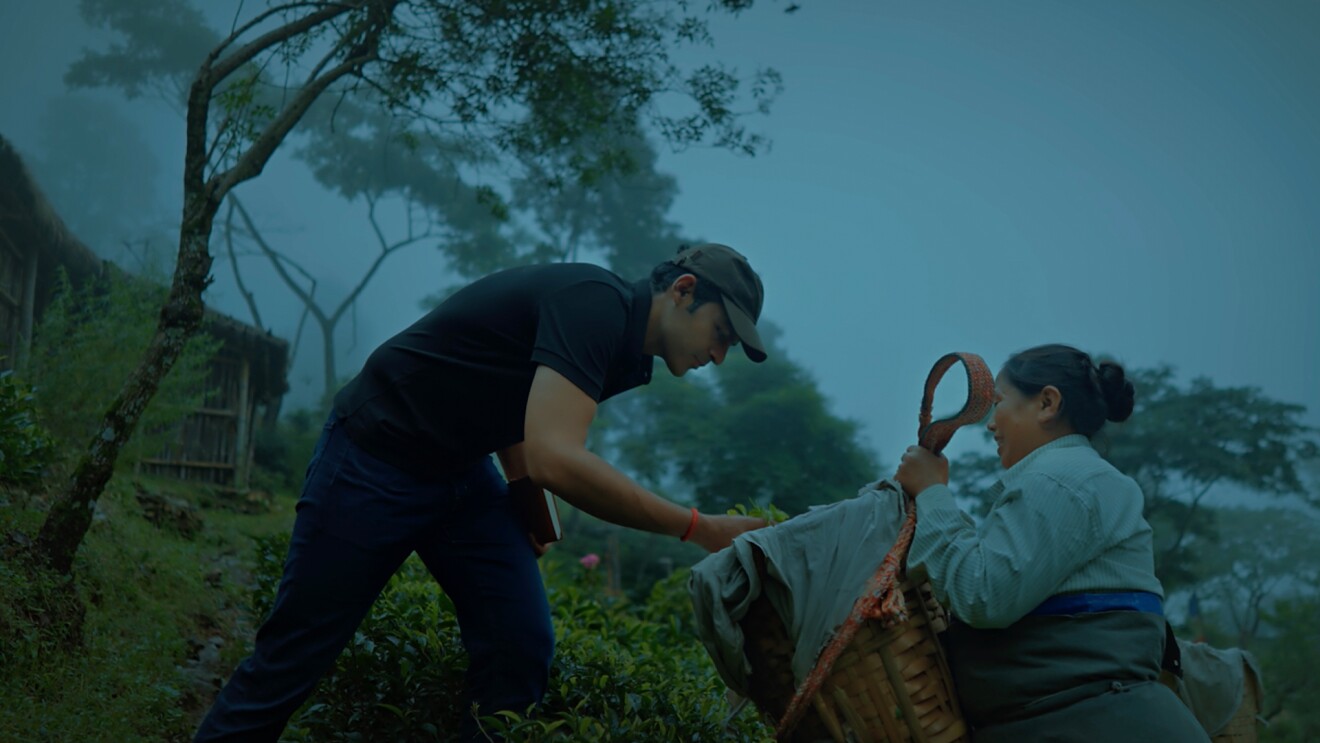
Edited excerpts.
How Luxmi Estates was born
My grandfather and his 3 brothers were freedom fighters; they were part of an organisation called Anushilan Samiti whose members included the likes of Bhagat Singh. Together, they started this company in 1912 as all the tea estates back then were British-owned. Over time, Luxmi Estates grew and today, we have 21 tea estates—of which, four are in Rwanda, one in Darjeeling, one in Tripura (Luxmi’s first), and the rest in Assam.
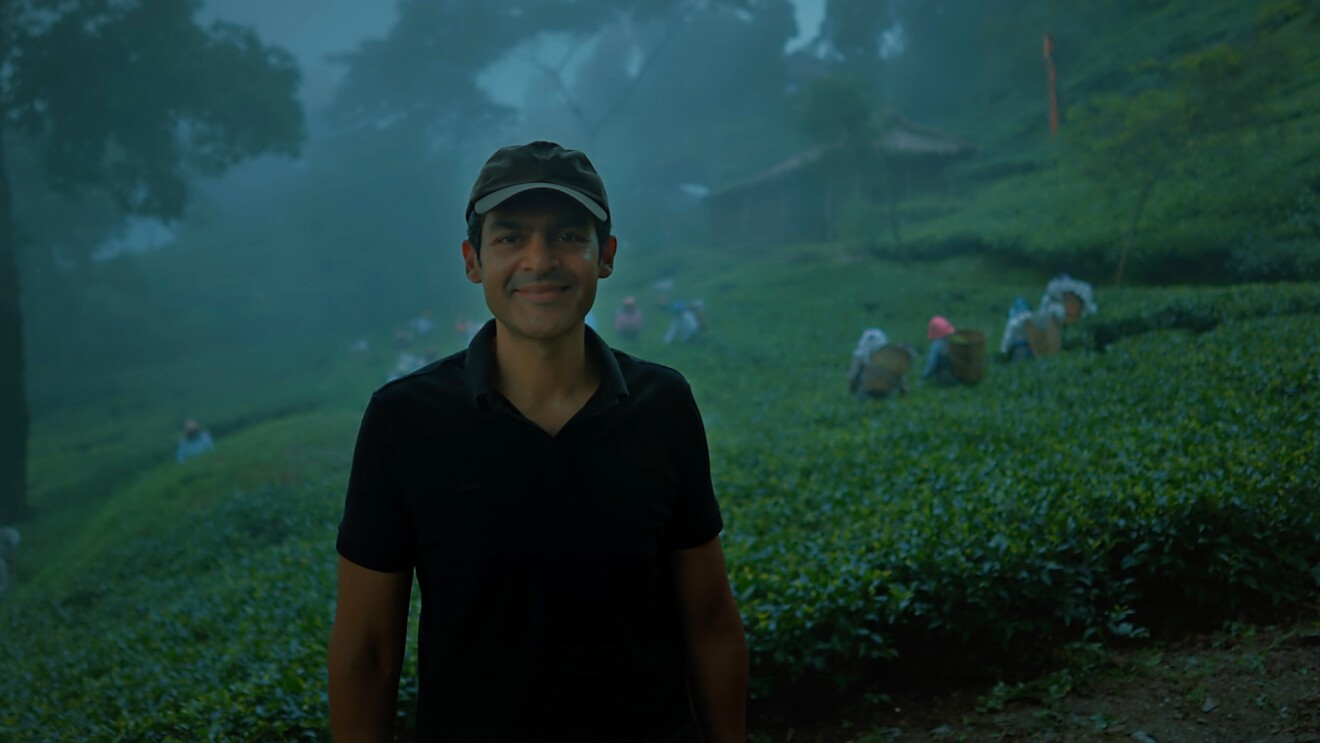
I lived in the U.S. until 2007, where I studied, and then worked with a management consulting firm. I later joined the family business, a decision driven partly by my love for the outdoors as I now get to work on all our estates across the world.
How the brand’s teas landed on Amazon
Despite some of our teas being quite popular in India, they were not easily available everywhere. For instance, our Makaibari tea was available in Kolkata but not anywhere else. When the pandemic hit in 2020, we had a lot of customer queries on where to find our teas. That is when I decided to give online selling a shot with Amazon.
We understand everything about tea—we taste it and package it while Amazon understands selling and distribution—the partnership works great and has been quite seamless. We now make ₹1.5 to 2cr in sales via Amazon monthly. The U.S. is our biggest market on Amazon accounting for 70% of our online sales. We see sale numbers shooting up to 3x during Amazon sale events such as Prime Day.
Working with Amazon has been great because we now have customer insight, thanks to reviews, and it’s become a two-way conversation. Garnering good reviews also means that our hard work is being appreciated.

Luxmi Estates’ guiding principle: Farmers first
We are not just tea sellers, but also farmers who are spending a great deal of time to ensure our tea leaves are of high quality. That's why we’re called Luxmi Estates— it's not a tea company but the tea estate which we are building. We call our products ‘forest-nurtured teas.’
Our top priorities are: the product, our workers, and the environment. When it comes to the product, we have a long process. We have high standard plucking rounds to secure something called ‘fine leaf’ (an average plucking standard should ideally have about 70% fine leaf by weight comprising of two leaves and a bud, smaller shoots and also soft banjis). This is then followed by processing to ensure the leaves remain fresh. All of this requires expertise. We are heavily reliant on our workers as this is a labour-intensive industry. We have over 30,000 workers in India and Africa combined. Our teas are branded as premium; that helps us take care of our workers, and ensure they have access to good education systems and healthcare.

Our estates are in sensitive ecological zones and with the huge number of landslides in hills today we are diligent about maintaining forest cover. We are also organic certified as we don’t use pesticides in our plantations.
To sum up, our goal is to produce organic, fair trade, high-quality products.
A brand that connects with customers
We have interesting ways of naming our teas to make them more meaningful for our customers, which includes the Indian diaspora living abroad. For example, since we use ginger and other spices from a tea estate in Assam called Adda-Bari, that tea is called Chai Adda-Bari. Also, adda is the Bengali word for conversation—chai and conversation commonly go together.
Our products are also very popular in Japan—we have a variety called Tokyo Green to make it more relevant there. There's a herb called Valerian, which is very good for sleep; our tea with Valerian root and chamomile is called Valerian Dream for that very reason.
We are also a brand rooted in heritage as we have existed for more than 100 years now. Tea consuming habits like drinking black tea with masala or green tea with turmeric have existed since generations. We want to honour and sustain these traditions through the tea blends we create. Going forward, our focus will continue to be on finding customers—that appreciate a good cup of tea—directly.
Luxmi Estate’s journey exemplifies how a legacy Indian business owner can scale new heights by selling globally with Amazon. More businesses can dream big and unlock their export potential on Amazon and truly go #IndiaSeDuniyaTak.
(Amazon Global Selling has enabled over 125,000 registered exporters from 200+ cities across India to surpass $8 billion in cumulative exports since 2015. If you’re an aspiring exporter, here’s a comprehensive guide that can help small businesses become global exporters with Amazon.)



